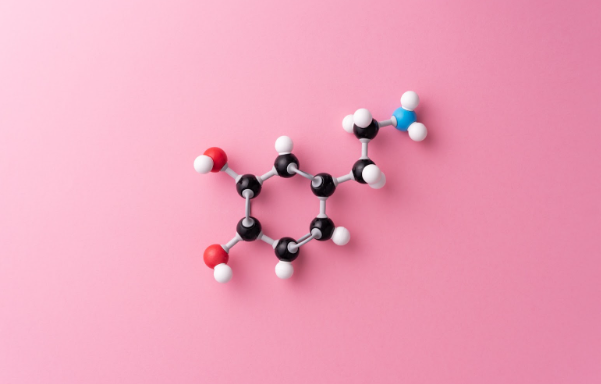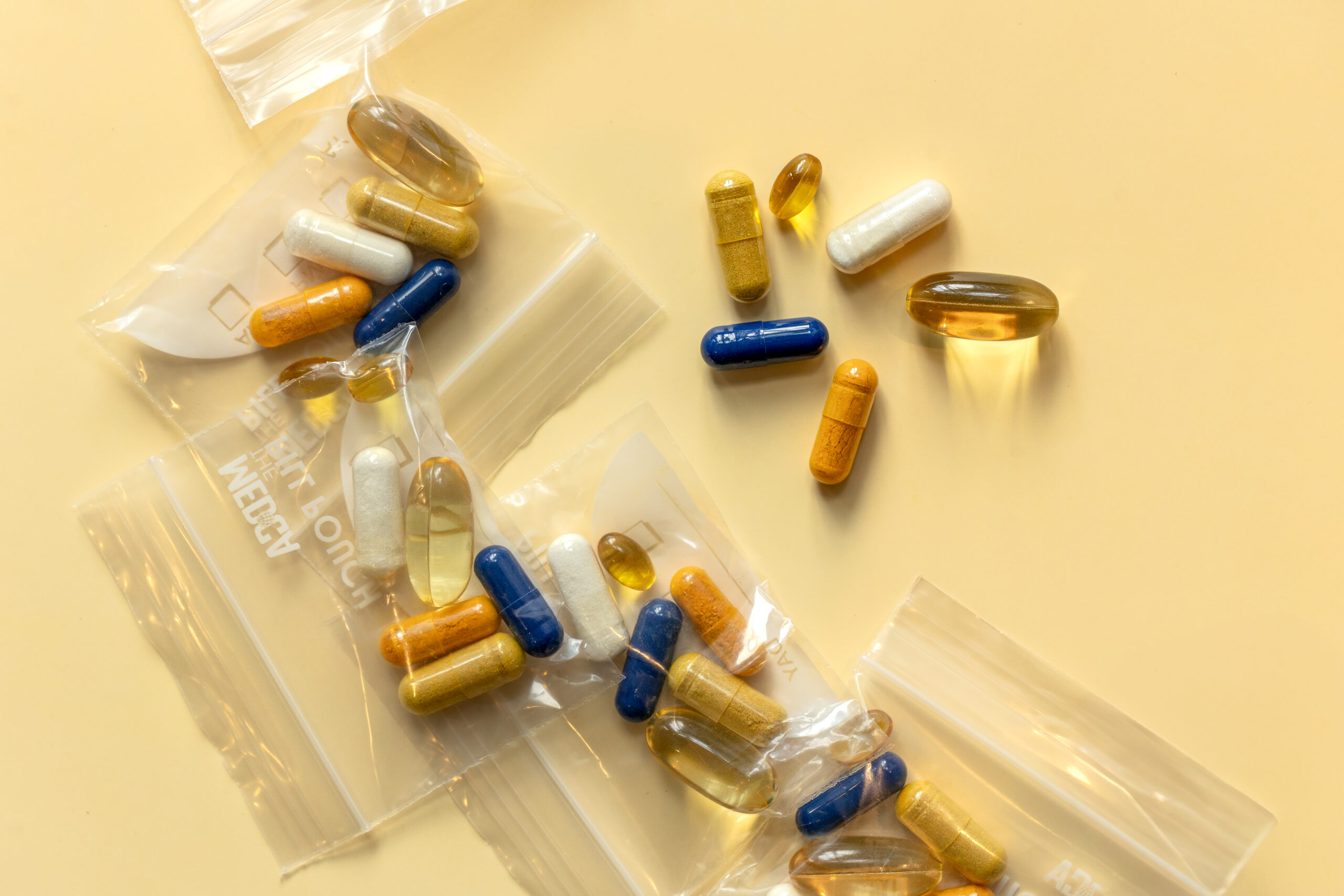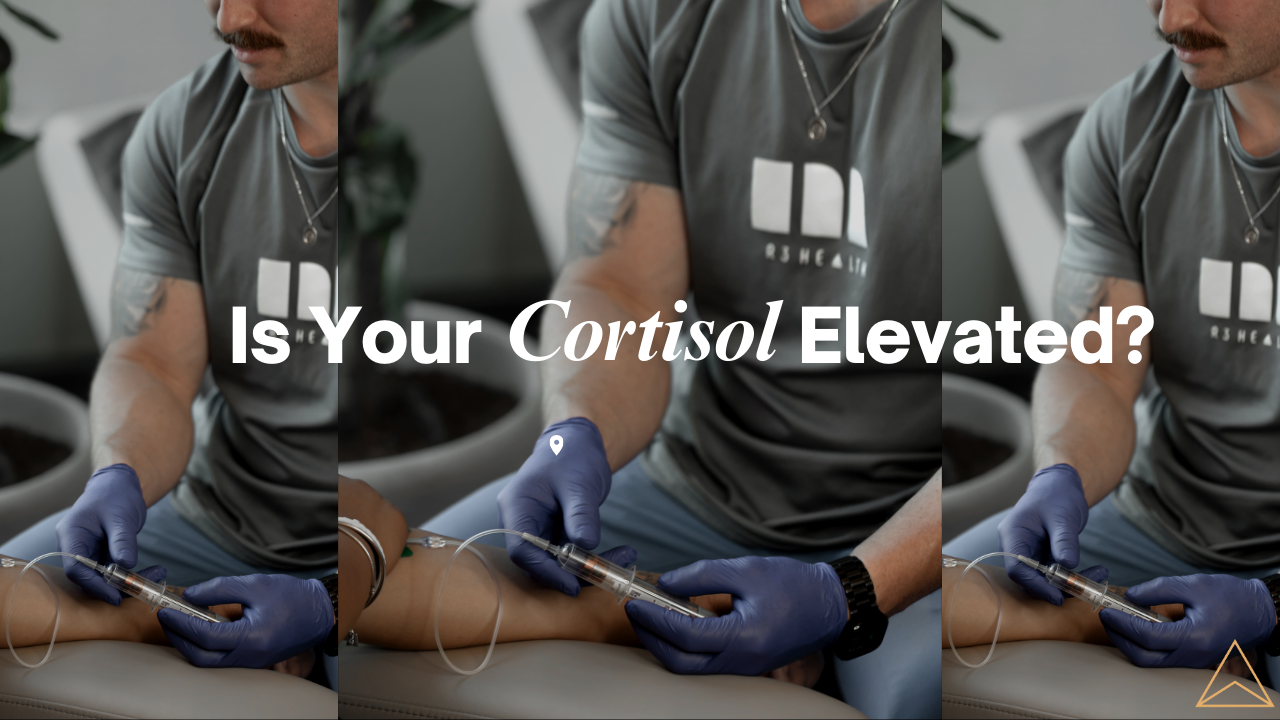It is crucial to recognize that serious training has a significant impact on hormone levels and the endocrine system. When discussing hormones, it goes beyond Testosterone and Human Growth Hormone (HGH).
Unfortunately, in today’s society, there is a negative connotation associated with hormones due to the misuse of performance-enhancing substances by uneducated professional athletes and individuals seeking quick fixes. However, there are many misconceptions surrounding hormones and their effects, leading to a lack of awareness about the problems they can cause. The key concept to understand is BALANCE!
Hormone balance plays a vital role in assessing and optimizing hormone levels. Hormones are naturally occurring chemicals in our bodies that trigger countless bodily reactions every second. It is essential to have a balanced understanding of all hormones, not just Testosterone and HGH. Other hormones, such as Estrogen, Insulin, Cortisol, and many others, also have a significant impact on our well-being.
These influential chemicals affect everything from energy production to metabolism, immune system function, mood regulation, gut health, and more. They even play a crucial role in inflammation, the root cause of many diseases. Modern health conditions can often be improved by assessing and optimizing hormonal levels.
For athletes, hormonal balance is especially critical. Overtraining can throw off an athlete’s hormonal balance, leading to various symptoms like sleep disturbances, muscle soreness, elevated resting heart rate, and fatigue. It’s essential to periodically assess and optimize hormone levels for optimal performance and well-being.
Insulin-like growth factors and insulin are often overlooked hormones related to exercise. They regulate cell growth and the body’s energy pathways, ensuring adequate energy for training.
Human Growth Hormone (HGH) triggers muscle adaptation and growth. As we age, our natural HGH secretion decreases, affecting muscle recovery and adaptation during exercise.
Several factors can impact hormone balance, including stress, sleep, alcohol consumption, age, calorie intake, and sickness or trauma. Understanding and managing hormone levels is crucial for healing, preparation, performance, and long-term health.
Hormones are not something to be hidden or dismissed. They play a vital role in our health, wellness, and longevity. Functional and Integrative medicine practices utilize natural and safe balancing techniques to improve well-being.
At R3 Health, we specialize in helping athletes understand their bodies and educate them on how to enhance recovery, performance, and overall health. Our individualized wellness programs are natural and regenerative, avoiding invasive conventional medical therapies.
Take action and visit R3 Health to gain a comprehensive understanding of your health and wellness. Let us work together to achieve your goals and ensure optimal health, well-being, and functional longevity.





